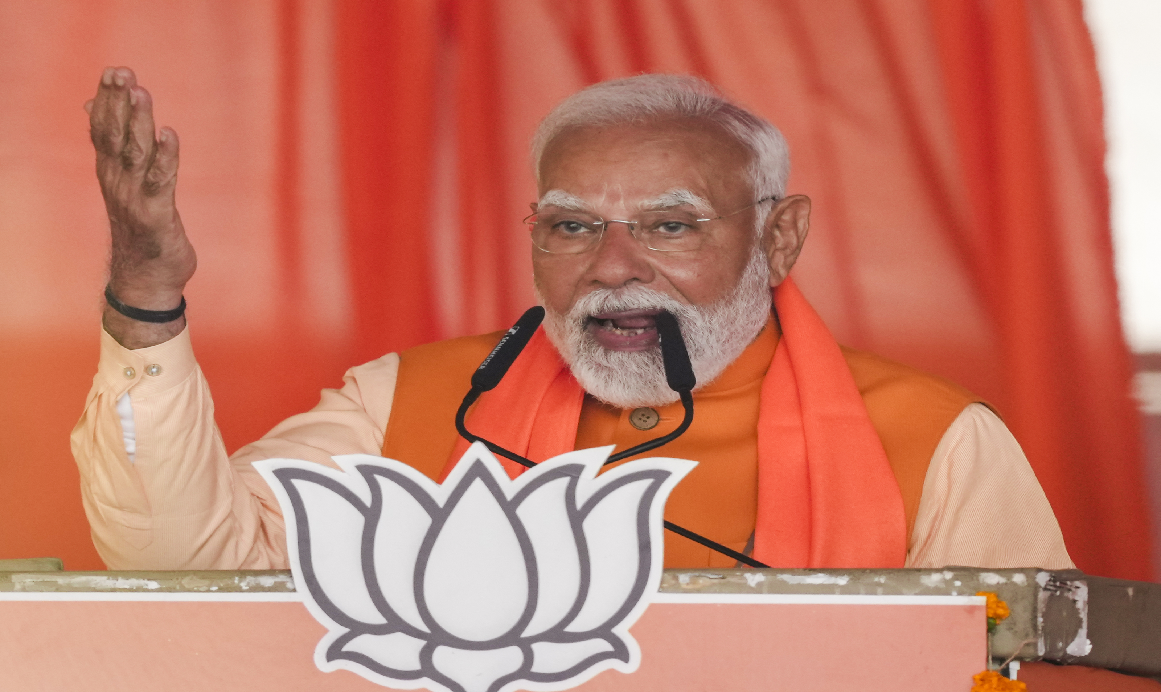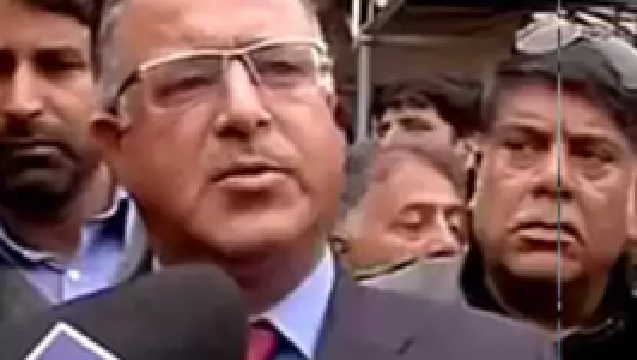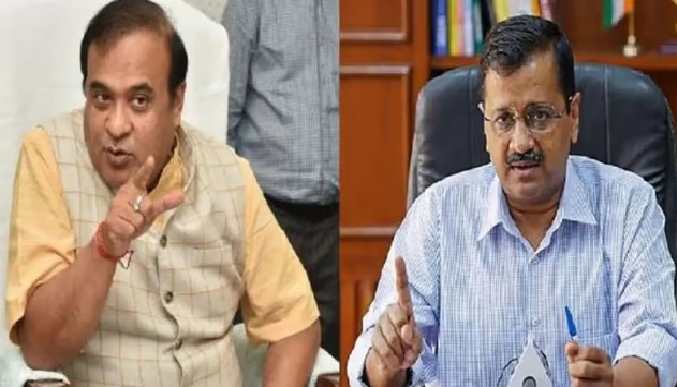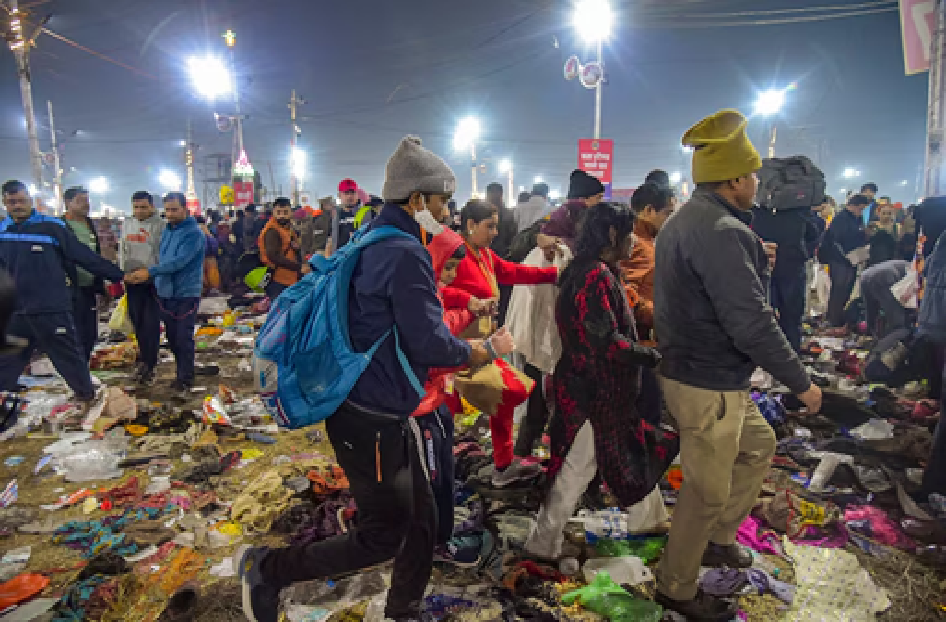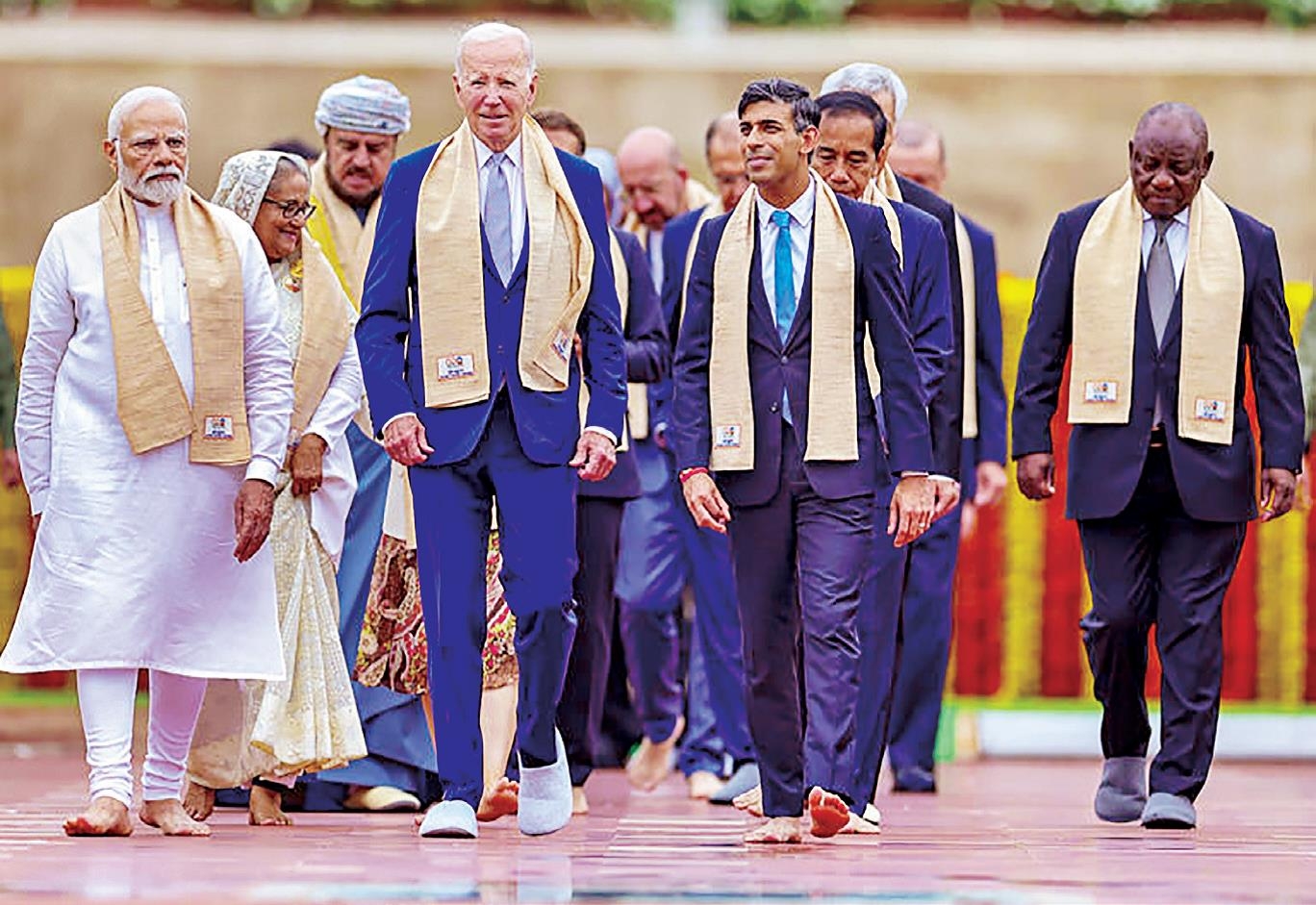
As G20 concludes, PM Modi pushes for bigger UNSC
New Delhi: Prime Minister Narendra Modi on Sunday made a renewed push for expansion of the UN Security Council and reforms in global institutions to reflect world's "new realities", as the G20 summit concluded here with world leaders lauding India's presidency for ensuring several tangible outcomes.
Marking the ceremonial transfer of the rotational G20 presidency, Prime Minister Modi handed over the gavel to Brazilian President Luiz Inácio Lula da Silva.
Lula also said the UN Security Council needs new developing countries as permanent and non-permanent members to regain political strength and greater representation for emerging countries at the World Bank and the International Monetary Fund(IMF).
In his concluding remarks at the final session of the two-day G20 summit, the prime minister also proposed a virtual session of the G20 around the end of November to take stock of the suggestions and decisions made by the leaders of the major developed and developing countries here.
Official sources, meanwhile, said the text relating to Russia-Ukraine conflict in the New Delhi Leaders' Declaration is a "convergent consensus" rather than a "divisive consensus" and it could show a path to a resolution of the crisis, a day after a breakthrough on the contentious issue was achieved to help the G20 leaders come out with a 37- page Declaration.
"In order to take the world towards a better future, it is necessary that the global systems are according to the present realities. Today, the 'United Nations Security Council' is also an example of this. When the UN was established, the world was completely different from what it is today. At that time there were 51 founding members in the UN. Today the number of countries included in the UN is around 200," Modi said.
"Despite this, the number of permanent members in UNSC remains the same." The UNSC has five permanent members--US, China, France, Britain and Russia.
"At a moment when the global economy is suffering from the overlapping shocks of the climate crisis, fragility, and conflict, this year's Summit proved that the G20 can still drive solutions to our most pressing issues," US President Joe Biden said.
Russian Foreign Minister Sergey Lavrov told reporters that the Summit under India's presidency was a "breakthrough" conclave in many ways as its outcomes showed a path to the world to move forward on a range of challenges and demonstrated the strength of the Global South.
The next summit will be held in Rio de Janeiro in Brazil in November 2024.
 English daily published in Bengaluru & Doha
English daily published in Bengaluru & Doha



